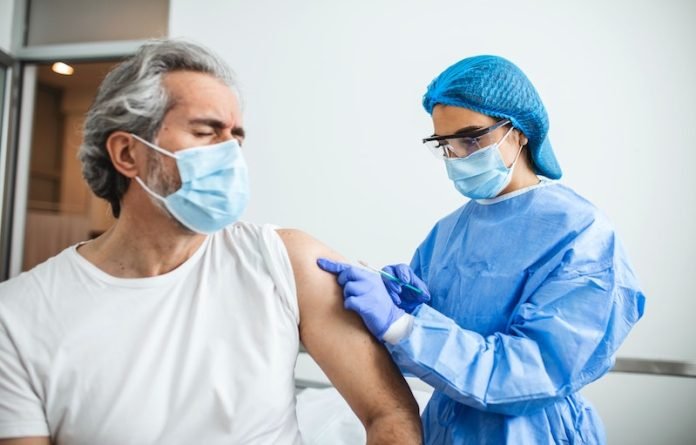
A new study conducted by the U.S. Center for Disease Control and Prevention (CDC) has found that the COVID-19 mRNA vaccines can protect people against the omicron variant of the virus.
The study used data from multiple states in the U.S. and found that the vaccines were effective in protecting against hospitalization, ICU admission, and in-hospital death during periods when the omicron variant was dominant.
The researchers found that three doses of the mRNA vaccines were 68% effective against hospitalization between 7 and 119 days after vaccination during the omicron BA.4/BA.5 period.
However, the effectiveness decreased to 36% 120 days or more after vaccination.
The team also found that the vaccine effectiveness against hospitalization was similar to that reported during the earlier omicron variants.
Although vaccinated adults were still being hospitalized during the omicron BA.4/BA.5 period, they were less likely to be admitted to the ICU or experience in-hospital death compared to earlier omicron variants.
The study also found that adults with severe disease had a shorter length of stay during the BA.4/BA.5 period.
The researchers noted that COVID-19 vaccine effectiveness estimation has become more complex as more booster doses are authorized, vaccine-induced protection wanes over time, and new variants emerge.
Additionally, a majority of the US population has already been infected with the virus.
As new variants emerge, ongoing monitoring of vaccine effectiveness is critical for informing public health strategies and treatment of patients.
The study researchers suggested that tracking vaccine performance could help develop better vaccines and inform best practices for future pandemics.
The study analyzed data from 82,229 emergency department or urgent care encounters and 21,007 hospitalizations for COVID-19-like illness in adults ages 18 and older from nine VISION sites in 10 states.
The authors noted that estimated vaccine effectiveness was similar across outcomes, which contradicted many past vaccine effectiveness studies.
The researchers suggested that changes in baseline population immunity and behavior, such as decreased use of social distancing and masks, could have affected vaccine effectiveness.
They noted that ongoing monitoring of vaccine effectiveness is important in the fight against the COVID-19 pandemic.
If you care about COVID, please read studies about Vitamin D deficiency linked to severe COVID-19, and low-sodium plant-based diets may prevent COVID-19 better.
For more information about COVID, please see recent studies about new evidence on rare blood clots after COVID-19 vaccination, and results showing zinc could help reduce COVID-19 infection risk.
Copyright © 2023 Knowridge Science Report. All rights reserved.



